Police are keeping vigilant about an outlaw motorcycle gang that once dominated northern Ontario streets and appears to be making a comeback.
Ontario Provincial Police (OPP) said they’re keeping a watch on renewed activity from Satan’s Choice as several other biker gangs continue to operate chapters across the north.
“Any time there’s an emerging outlaw motorcycle gang, we take note and we want to know, ‘Is this going to be a problem? Is there going to be violence? Is there going to be associated criminal activity with it?’” said Det.-Insp. Scott Wade of OPP’s Biker Enforcement Unit.
The unit, which has operated for about 30 years, works with police forces across Ontario and internationally to combat outlaw motorcycle gangs.
“We’ve seen Hells Angels and other outlaw motorcycle gangs involved in every crime, from white- collar, blue-collar, homicides, human trafficking, importing, exporting, drug trafficking, and violence is one of their tools of the trade,” said Wade.
The club’s history
Prior to being absorbed into the Hells Angels in what’s known in the biker world as a “patch-over” in the early 2000s, Satan’s Choice was regarded as one of Ontario’s most powerful motorcycle gangs.
Satan’s Choice has always been an all-Canadian club and its leader was former international boxer Bernie Guindon.
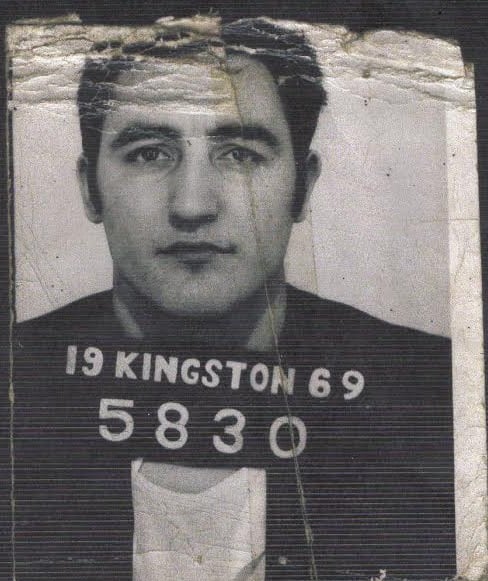
Guindon would serve roughly 15 years in prison, first for an indecent assault on a minor and then for drug trafficking.
This past August, a former Hells Angels member — and Guindon’s son, Harley — announced on social media that he had relaunched the club and planned to open chapters across Canada, including in northern Ontario.
Harley has also done several stints behind bars.
In 2007, he was convicted of assault causing bodily harm, forcible confinement and extortion with a firearm, and sentenced to five years of prison.
In 2012, Harley was swept up in Project Kingfisher, an OPP biker enforcement unit operation in conjunction with local police. He was arrested on charges of drug trafficking.
In northern Ontario, one of the most well-known clashes between Satan’s Choice and law enforcement was in December 1996. A bomb exploded in a walkway beside the Sudbury police station. No one was injured, but it blew a hole in the wall.
Two Satan’s Choice members were convicted of making the bomb and a Sudbury biker was found guilty of obstruction of justice.
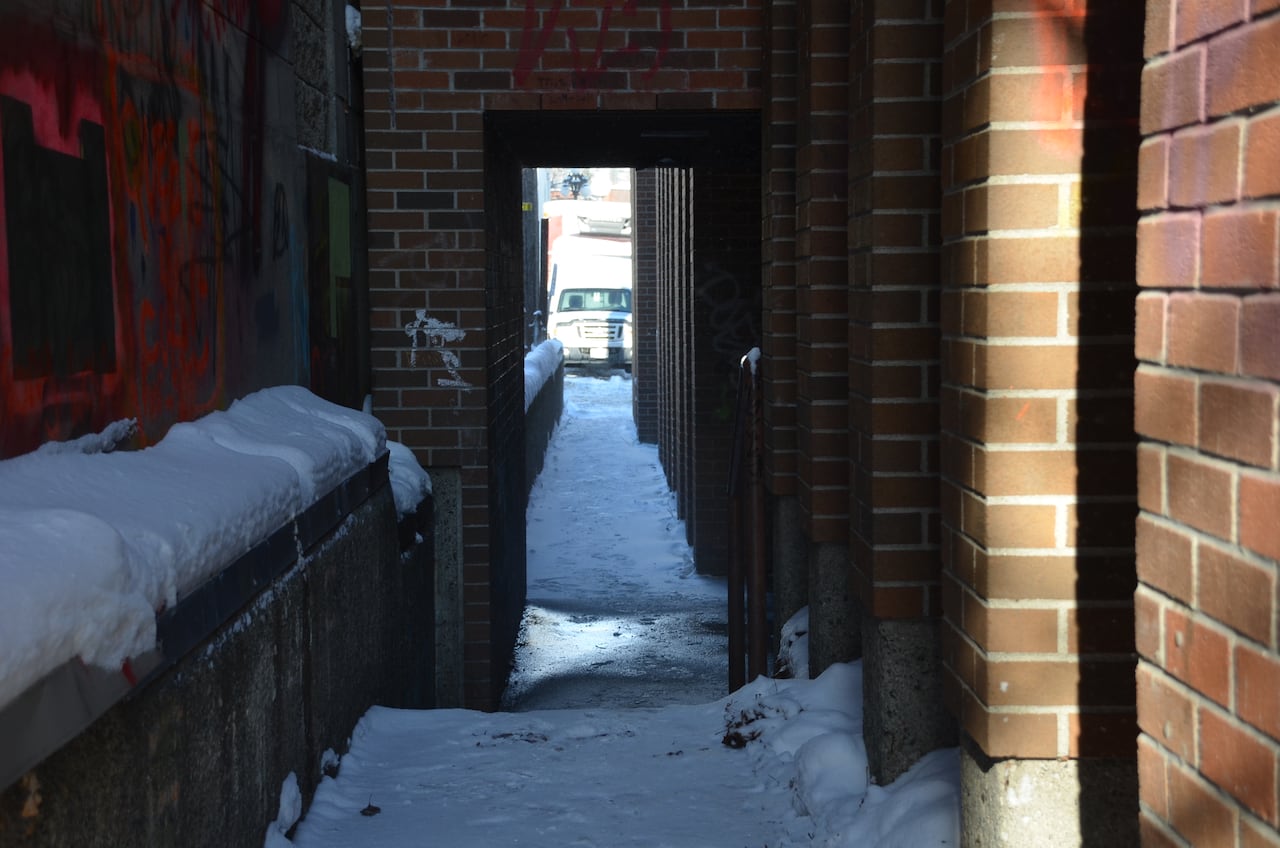
The main suspect, Michael Dube, a Sudbury member of Satan’s Choice, died by suicide in jail while awaiting trial.
Police said the station was targeted after members of the gang were refused service at a local strip club, leading to a standoff with officers. The bomb was originally meant for the club, but was redirected to the police station at the last minute.
OPP monitoring for potential turf war
Social media posts show new chapters for Satan’s Choice popping up in cities including Sudbury, Thunder Bay, Oshawa and Hamilton.
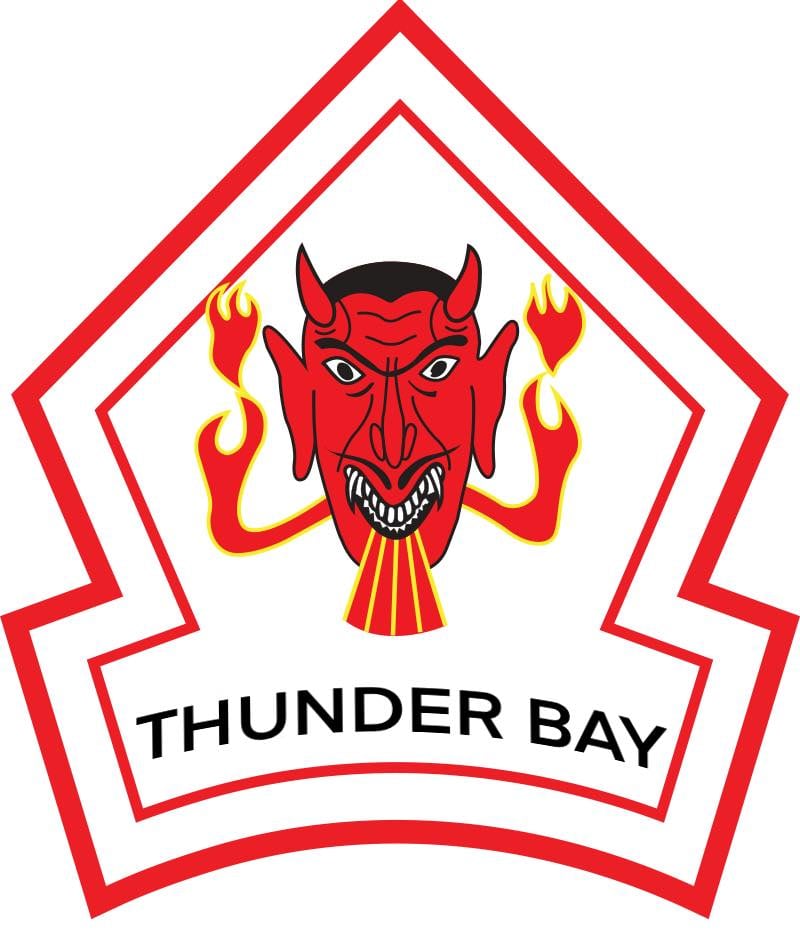
OPP Det.-Insp. Wade confirmed several outlaw motorcycle gangs are operating in the north.
He explained that outlaw motorcycle gangs tend to be most active in larger northern centres and can be found in cities like Sudbury, Sault Ste. Marie, Timmins and North Bay.
Wade said police are aware of Satan’s Choice’s resurgence and the potential for conflict with rival clubs.
“We will prioritize our focus as it’s needed,” he said. “If there’s violence — especially violence affecting the public — police are going to be all over it.
“My suggestion would be that our motorcycle gangs would like to avoid that attention so they can operate their crimes underground quietly. So by and large, I would suggest that we’re well prepared to curb violence if it does start up.”
He said outlaw biker gangs often recruit new members within the criminal underground by targeting a specific area and identifying someone who’s active in crime in that area. Family and friends of current members are also often targeted.
“Outlaw motorcycle gangs have a one per cent mentality, which means they’re the one per cent of society that does not follow the rules or laws of society, and they do not conform. That’s something they wear proudly on their vests.”
He added these groups will also look to recruit people who hold similar views.
“We see the patches. I mean, we know they’re doing rides and having events, as well as involved in crime that we’re investigating,” Wade said.
He stressed not everyone who wears a patch or a vest is in an outlaw motorcycle gang.
“It’s when they use that patch to commit crimes, when they use that patch as a display of power to claim an area and claim territory, and then conduct crime in that area.”
Motorcycle gangs often sell merchandise — like patches or other support gear — depicting their respective logos, something Wade said people mistake to be as harmless as wearing a shirt to support a local sports team, without understanding the real risks.
“We’ve had instances of … members of the public wearing support shirts, or sweaters or jackets, and they get attacked for it violently,” Wade said.
“When you wear something like that, know what you’re doing and know the risk you’re taking, and also that you’re supporting organized crime by your purchase.”
Looking at the national picture
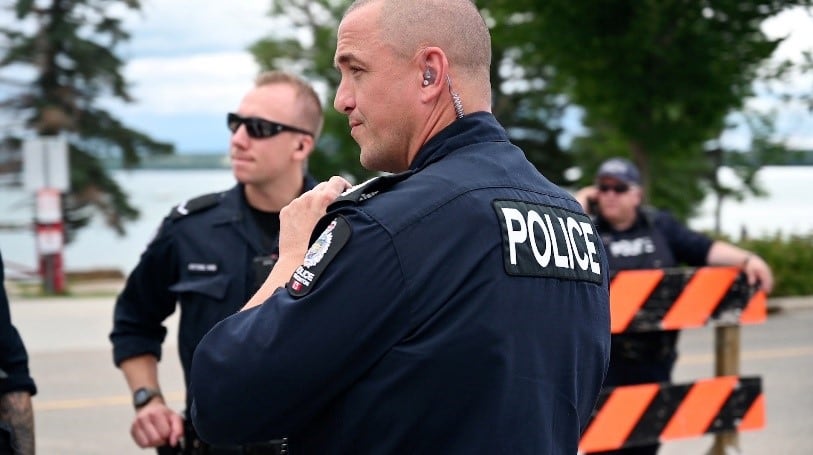
Across the country, law enforcement agencies are watching similar trends.
Sgt. Ryan Ferry of the Edmonton Police Service has more than 20 years of experience dealing with gang-related crime.
He also serves as the western director for the Organization for National Gang Information and Awareness — a non-profit network that brings together police, educators and policy experts to share intelligence and best practices on gang activity nationwide.
Ferry said outlaw motorcycle gangs — often referred to as OMGs — remain a national policing priority.
“They’re very prevalent, and their presence is well established across just about every province nationwide,” he said. “Law enforcement agencies consider outlaw motorcycle gangs to be a top threat to public safety.”
Ferry said outlaw motorcycle gangs distinguish themselves from recreational riding clubs by their structure, criminal ties, and use of fear and intimidation.
“The threats of harm and creation of an atmosphere of fear, intimidation and violence — that’s what separates them from people who just like to ride motorcycles.”
He said that depending on the region, biker gangs are linked to a wide range of criminal activity, including “human trafficking, drug trafficking, firearms trafficking, economic crimes of various sorts.”
Ferry said those relationships often extend to street-level and neighbourhood gangs — something that’s becoming more common in provinces like Ontario.
“We are finding more and more frequently that yes, there is both a social and a criminal connection to other criminal networks.”
A dangerous lifestyle
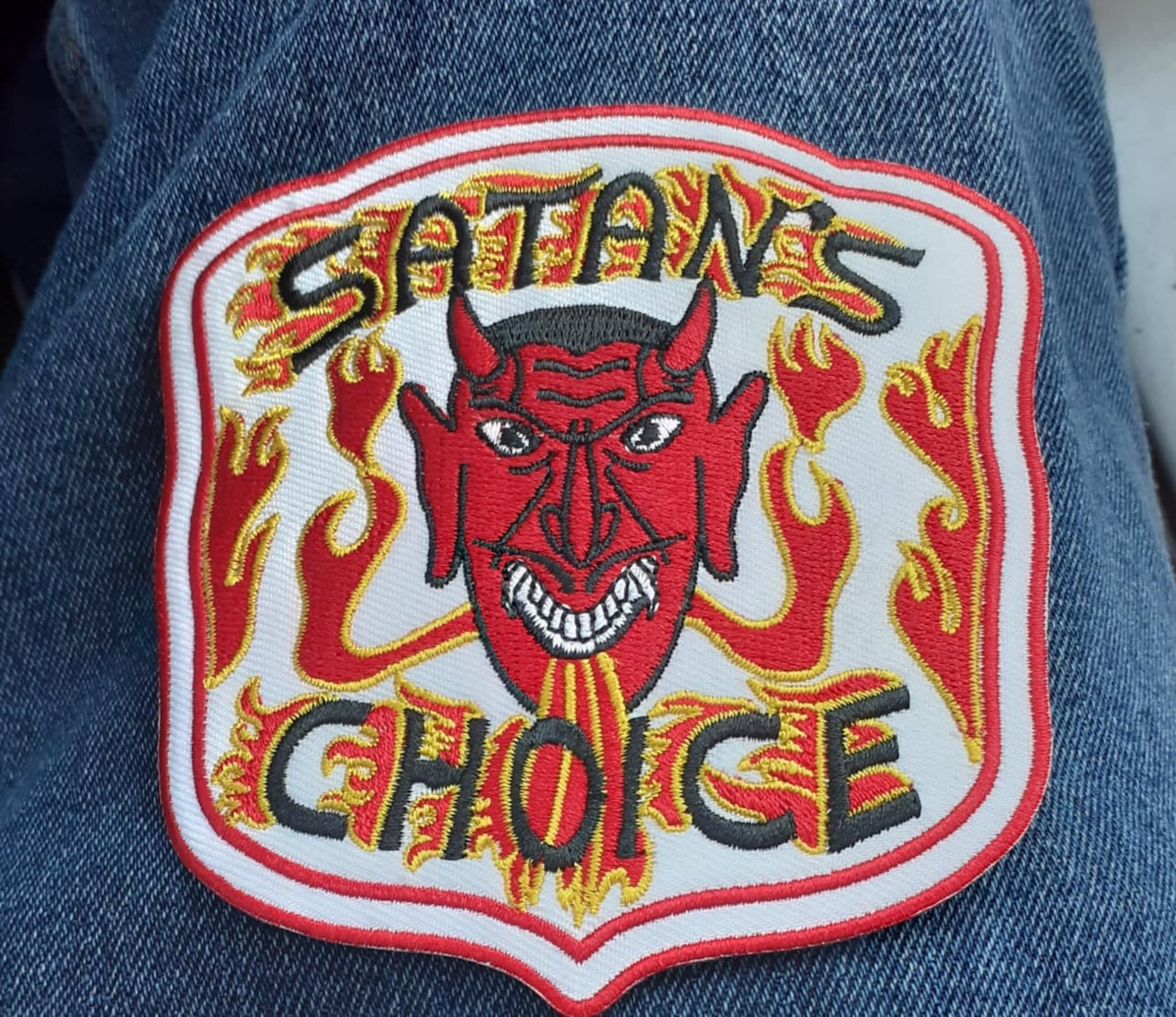
Ferry said many people underestimate the dangers of associating with outlaw motorcycle clubs, mistaking the lifestyle for harmless rebellion.
“We want people to understand that outlaw motorcycle gangs are a very particular group of people that are certainly continuing criminality and violence. And people getting involved with them are subjecting themselves to being caught up in some of that criminality and violence.”
He added these groups are not immune from violence themselves.
“Despite what the media depictions are that the outlaw motorcycle gangs and the bikers are big and bad and tough, they have their own enemies too. And we’ve heard it directly from some of them,” Ferry said.
“We see examples and histories of edged weapon attacks or attacks with firearms,” and “the use of incendiary devices and explosives against personal property or club property.”
Ferry said people drawn to the social side of biker culture — the ideas of freedom and brotherhood — can easily get caught in criminal networks.
“We’ve seen time and time again people get stuck in that social side and then becoming victims of extortion or threats, or being used by individuals in these clubs to further the aims and the criminality of those clubs.”
Ferry said most people who join the biker lifestyle eventually regret it.
“The vast majority of individuals I’ve spoken to at one point or another end up hating the lifestyle,” he said.
“They become either broke or paranoid, or they lose friends along the way, or law enforcement finally catches up to their criminality, or they alienate friends or family. It is a very hard lifestyle.”






